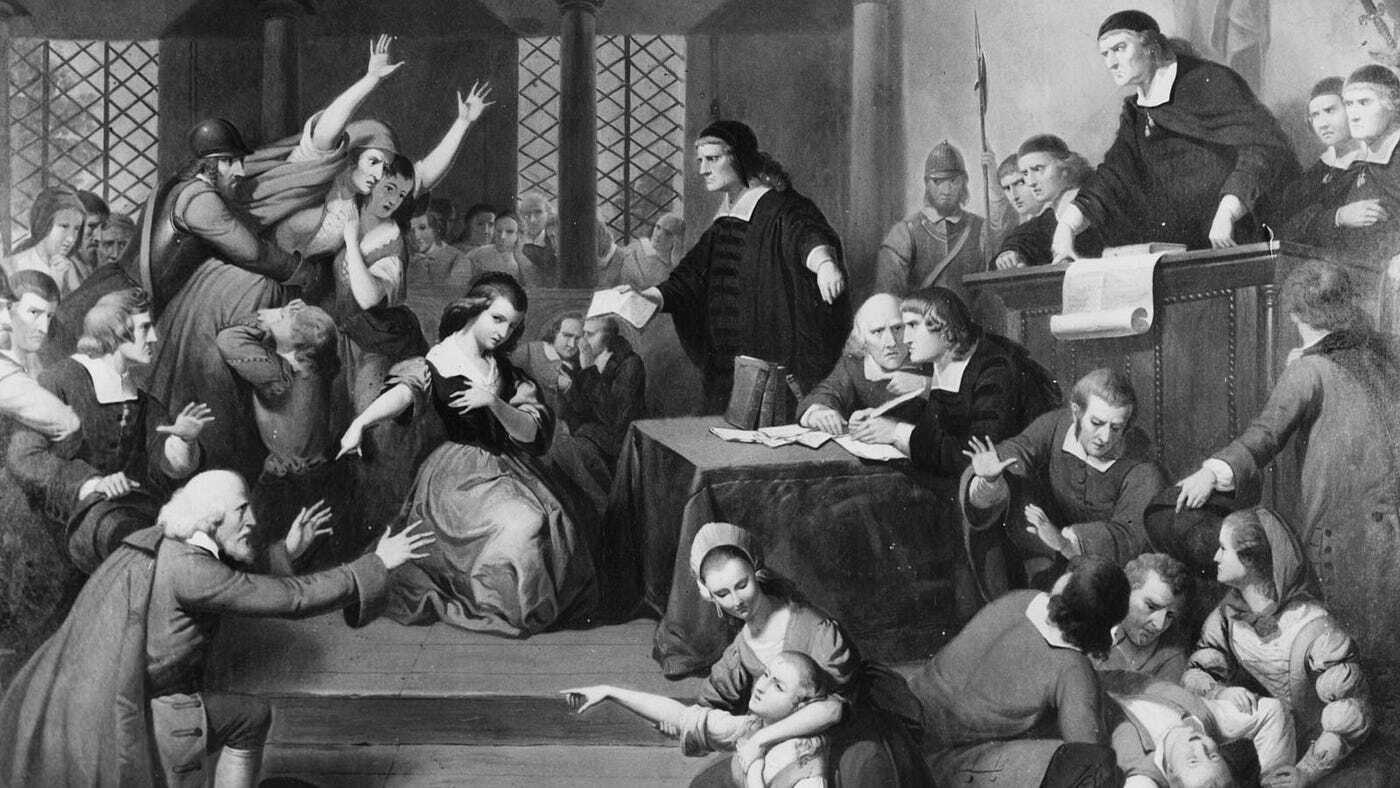
What is Traditionalism? Traditionalism is a belief system that values the preservation of long-standing customs, practices, and beliefs. It often stands in opposition to modernity, critiquing the rapid changes and individualism that characterize contemporary society. Rooted in ancient civilizations, traditionalism has influenced various aspects of culture, philosophy, and politics throughout history. From the medieval period's focus on Christian doctrine to the Romantic movement's celebration of cultural heritage, traditionalism has evolved but maintained its core principles. Today, it remains relevant, impacting everything from education to environmentalism. Understanding traditionalism helps us appreciate the enduring importance of cultural heritage in our rapidly changing world.
What is Traditionalism?
Traditionalism is a movement that values the preservation of age-old customs, beliefs, and practices. It often critiques modernity, emphasizing the importance of community and continuity over individualism and progress.
- Definition of Traditionalism: Traditionalism emphasizes preserving traditional practices, customs, and beliefs, often critiquing modern values like individualism and progress.
Historical Roots of Traditionalism
Traditionalism has deep historical roots, tracing back to ancient civilizations where cultural heritage was vital for societal stability.
-
Ancient Civilizations: In Greece and Rome, the transmission of knowledge and customs was central to their educational systems.
-
Medieval Period: During the Middle Ages, traditionalism preserved Christian doctrine and maintained feudal societies, with the Catholic Church playing a key role.
-
Renaissance and Enlightenment: Thinkers like Petrarch and Erasmus revived ancient Greek and Roman traditions during these periods.
Traditionalism in Literature and Philosophy
Literature and philosophy have long been influenced by traditionalist thought, celebrating the past and critiquing modernity.
-
Romanticism: Writers like Wordsworth and Coleridge emphasized the emotional connection to the past and the beauty of nature.
-
Conservatism: Edmund Burke and other conservative thinkers argued for respecting historical traditions and institutions.
-
Reaction to Modernity: Traditionalism often opposes modern values like progress and scientific rationality, arguing they lead to social fragmentation.
Philosophical Underpinnings of Traditionalism
Philosophers have significantly shaped traditionalist thought, emphasizing metaphysical and spiritual principles.
-
René Guénon and Julius Evola: These philosophers stressed the importance of metaphysical principles in understanding human existence.
-
Esotericism: Traditionalism often includes esoteric practices like alchemy and astrology, seen as ways to access deeper knowledge.
Cultural Preservation and the Role of Family
Traditionalism places great importance on preserving cultural heritage and maintaining family values.
-
Cultural Preservation: This involves protecting language, music, art, and literature, advocating for the transmission of traditional knowledge.
-
Role of the Family: The family is seen as a central institution, essential for maintaining social cohesion.
Importance of Rituals and Education
Rituals and education play crucial roles in traditional societies, reinforcing social norms and transmitting cultural heritage.
-
Importance of Rituals: Rituals like religious ceremonies, weddings, and funerals connect people to the past and reinforce social norms.
-
Traditionalist Education: Emphasizes classical knowledge, often involving the study of ancient languages, literature, and philosophy.
-
Critique of Modern Education: Traditionalists argue modern education lacks spiritual and intellectual depth, focusing too much on scientific and technical knowledge.
Role of the State and Economic Systems
Traditionalism views the state and economic systems as vital for preserving social order and cultural traditions.
-
Role of the State: The state is responsible for maintaining social order and ensuring the continuity of cultural traditions.
-
Economic Systems: Traditionalist economies emphasize local and self-sufficient practices, rejecting the globalized market economy.
Environmentalism and Social Hierarchy
Traditionalism often includes a deep respect for nature and a clear social hierarchy to maintain order.
-
Environmentalism: Advocates for sustainable practices and the preservation of natural resources.
-
Social Hierarchy: Traditional societies often have distinct classes and roles, seen as essential for social order.
Role of the Church and Impact on Politics
The church and traditionalism have significantly influenced politics, advocating for the preservation of cultural identity.
-
Role of the Church: Often seen as a guardian of traditional values and practices.
-
Impact on Politics: Influences conservative and nationalist movements, advocating for national sovereignty and cultural identity.
Contemporary Relevance and Neo-Traditionalism
Traditionalism remains relevant today, adapting to modern contexts through neo-traditionalism and digital platforms.
-
Contemporary Relevance: Continues to influence politics, culture, and education.
-
Neo-Traditionalism: Adapts traditional principles to contemporary contexts, often using technology to preserve cultural heritage.
-
Digital Traditionalism: Uses digital platforms to share traditional knowledge, music, and art globally.
Challenges and Cultural Revival
Traditionalism faces challenges like globalization and urbanization but also sees cultural revival movements.
-
Challenges to Traditionalism: Globalization and urbanization threaten cultural identity, requiring innovative solutions.
-
Cultural Revival: Involves rediscovering and celebrating cultural heritage through art and literature.
Role of Media and Community Engagement
Media and community engagement are crucial for promoting and preserving traditional practices.
-
Role of Media: Provides platforms for transmitting cultural knowledge, using both traditional and digital media.
-
Community Engagement: Essential for maintaining cultural heritage and ensuring its transmission to future generations.
Education, Policy Support, and International Cooperation
Education, policy support, and international cooperation are vital for preserving traditional practices.
-
Education and Training: Programs equip individuals with skills to preserve and transmit cultural heritage.
-
Policy Support: Governments can protect cultural heritage sites, support traditional industries, and promote cultural education.
-
International Cooperation: Collaborative efforts between nations help protect endangered languages and cultural practices.
Role of Technology and Ethical Considerations
Technology offers new tools for preservation but also poses risks, requiring ethical considerations.
-
Role of Technology: Provides new tools for preservation but risks cultural homogenization and loss of traditional skills.
-
Ethical Considerations: Balancing preservation with adaptation to changing circumstances is crucial.
Cultural Exchange and Preservation of Indigenous Cultures
Cultural exchange and preserving indigenous cultures are critical aspects of traditionalism.
-
Cultural Exchange: Facilitates sharing traditional knowledge and practices between different cultures, enriching both.
-
Preservation of Indigenous Cultures: Efforts should protect languages, customs, and traditions of indigenous communities.
-
Conclusion: Traditionalism is a rich, complex concept with historical roots, philosophical underpinnings, and contemporary relevance, essential for maintaining social cohesion and preserving cultural heritage.
Traditionalism's Timeless Influence
Traditionalism isn't just about clinging to the past. It's about valuing the wisdom and practices that have stood the test of time. From ancient civilizations to modern-day movements, traditionalism has shaped societies, politics, and cultures. It offers a counterbalance to the rapid changes of modernity, reminding us of the importance of community, family, and cultural heritage. Whether through preserving languages, rituals, or social norms, traditionalism seeks to maintain a sense of continuity and identity. Despite challenges like globalization and technological advances, traditionalism adapts, finding new ways to stay relevant. By understanding and respecting these age-old principles, we can ensure they continue to enrich our lives. Traditionalism isn't just a relic of the past; it's a living, breathing philosophy that continues to influence and inspire.
Was this page helpful?
Our commitment to delivering trustworthy and engaging content is at the heart of what we do. Each fact on our site is contributed by real users like you, bringing a wealth of diverse insights and information. To ensure the highest standards of accuracy and reliability, our dedicated editors meticulously review each submission. This process guarantees that the facts we share are not only fascinating but also credible. Trust in our commitment to quality and authenticity as you explore and learn with us.


